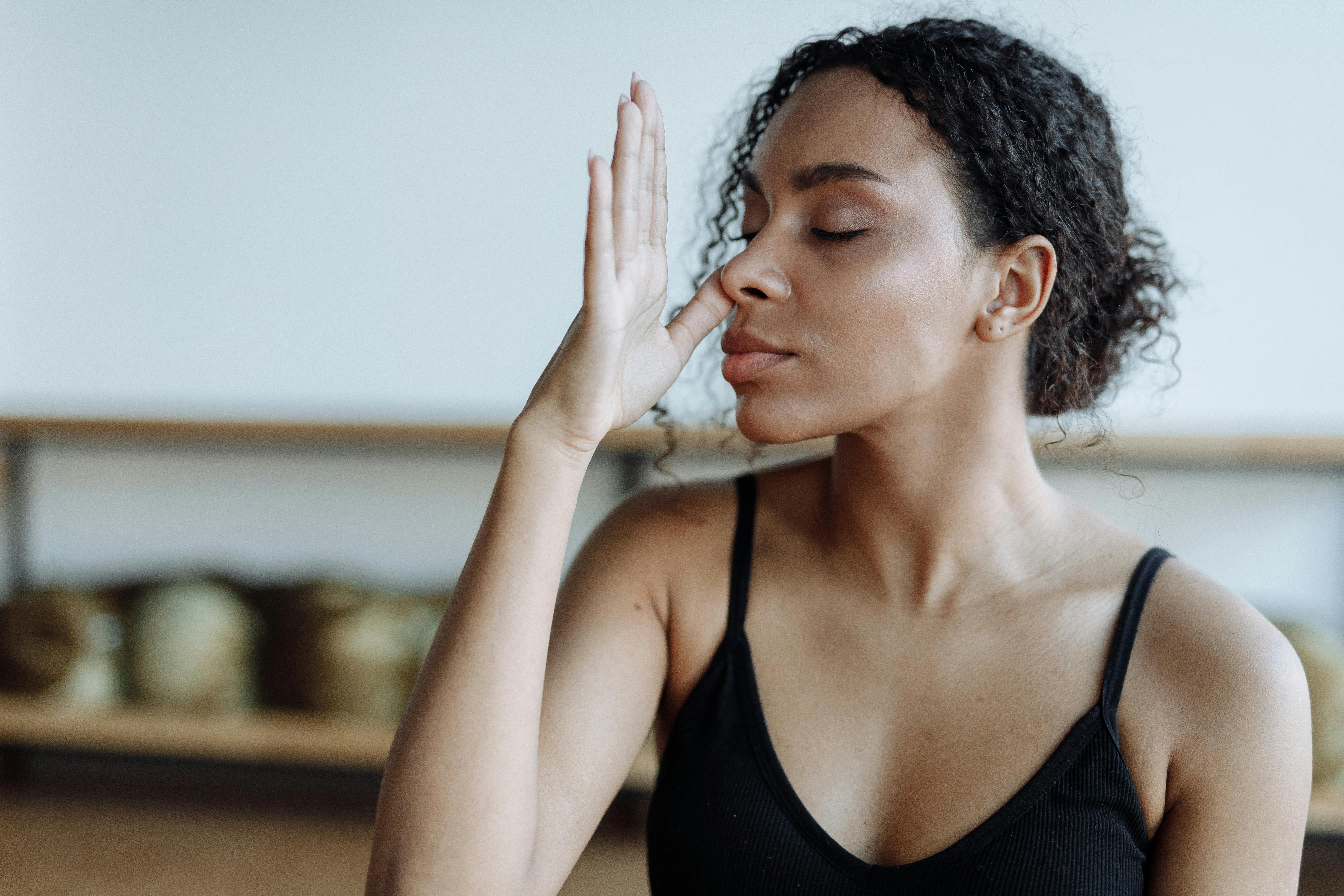Creating a consistent short practice for long-term wellbeing
Short daily practices can produce large benefits for long-term wellbeing when approached with consistency and clarity. This article outlines simple, science-aligned techniques—mindful awareness, breathwork, micro-relaxation, and short focus exercises—that fit into busy schedules and support sleep, stress management, and resilience.

A short, consistent practice can shift how you respond to daily challenges, support clearer thinking, and improve sleep and emotional balance over time. Rather than long sessions done intermittently, brief daily habits build neural pathways and practical skills that carry into work, relationships, and rest. The aim is steady repetition, gentle curiosity, and simple techniques you can rely on when time is limited.
Mindfulness: How to keep it short and regular
Mindfulness in a short practice means bringing friendly attention to the present moment for a defined span—two to ten minutes. Begin with a single anchor, such as the breath, bodily sensations, or a sound. Notice thoughts and gently return attention to your anchor without judgment. Over weeks, even three-minute check-ins strengthen awareness and reduce reactive patterns. Consistency matters more than length: daily micro-sessions create habit, while periodic long sits rarely produce the same integrated benefits.
Breathwork: Quick techniques for daily calm
Breathwork offers immediate physiological shifts that help with stress and clarity. Simple exercises—4-6-8 breathing, box breathing (count to four across inhale, hold, exhale, hold), or a one-minute diaphragmatic breath—can lower heart rate and provide focus. Use breathwork to start the day, reset between tasks, or calm the body before sleep. Practicing these techniques regularly trains your nervous system to respond more calmly under pressure, improving resilience and sustained concentration.
Relaxation: Micro-practices to reduce stress
Micro-relaxation blends brief progressive muscle release, body scans, or guided imagery into short routines. Spend 60–90 seconds softening the shoulders, releasing jaw tension, or scanning from head to toe with soft attention. These actions reduce sympathetic activation and counter chronic tension patterns that impair sleep and clarity. Make relaxation an intentional pause, signaling to your brain that rest is permitted; over time, these small pauses accumulate into measurable stress reduction and improved wellbeing.
Focus and concentration: Training attention briefly
Short concentration practices strengthen attention without requiring large time commitments. Try single-point focus drills: count breaths up to ten and restart on distraction, or focus on an object for two minutes with gentle redirects. Another option is the Pomodoro-inspired mini-session: 15 minutes of single-task work followed by a one-minute grounding exercise. Repeated short training improves concentration, mental clarity, and the ability to return to tasks after interruptions.
Routine: Building a consistent short practice
Consistency depends on practical cues and integration with daily life. Pair a short practice with an existing habit—after brushing teeth, during your morning coffee, or at the end of a workday. Use reminders, a fixed time, or an environmental trigger (a chair, a cushion, or a specific playlist). Keep sessions realistic: 2–10 minutes daily is sustainable for most people. Track your streaks if that motivates you, but prioritize curiosity over perfection; missed days are part of long-term growth.
Sleep and resilience: Short sessions for recovery
Brief evening practices that combine breathwork and relaxation support sleep onset and recovery. A three- to five-minute body scan and gentle paced breathing can lower arousal and prepare the nervous system for restorative rest. Regular short practices also build psychological resilience: repeated exposure to mild discomfort (sitting with a restless mind for a few minutes) increases tolerance for stressors. Over months, this translates into improved mood stability and clearer decision-making.
Conclusion
A consistent short practice focused on mindfulness, breathwork, relaxation, and attention training provides a practical route to long-term wellbeing. By choosing simple, repeatable techniques and anchoring them to daily routines, you can cultivate greater clarity, reduced stress, better sleep, and increased resilience without large time investments. The key elements are regularity, gentle persistence, and adapting practices to fit your life so they remain sustainable across months and years.





